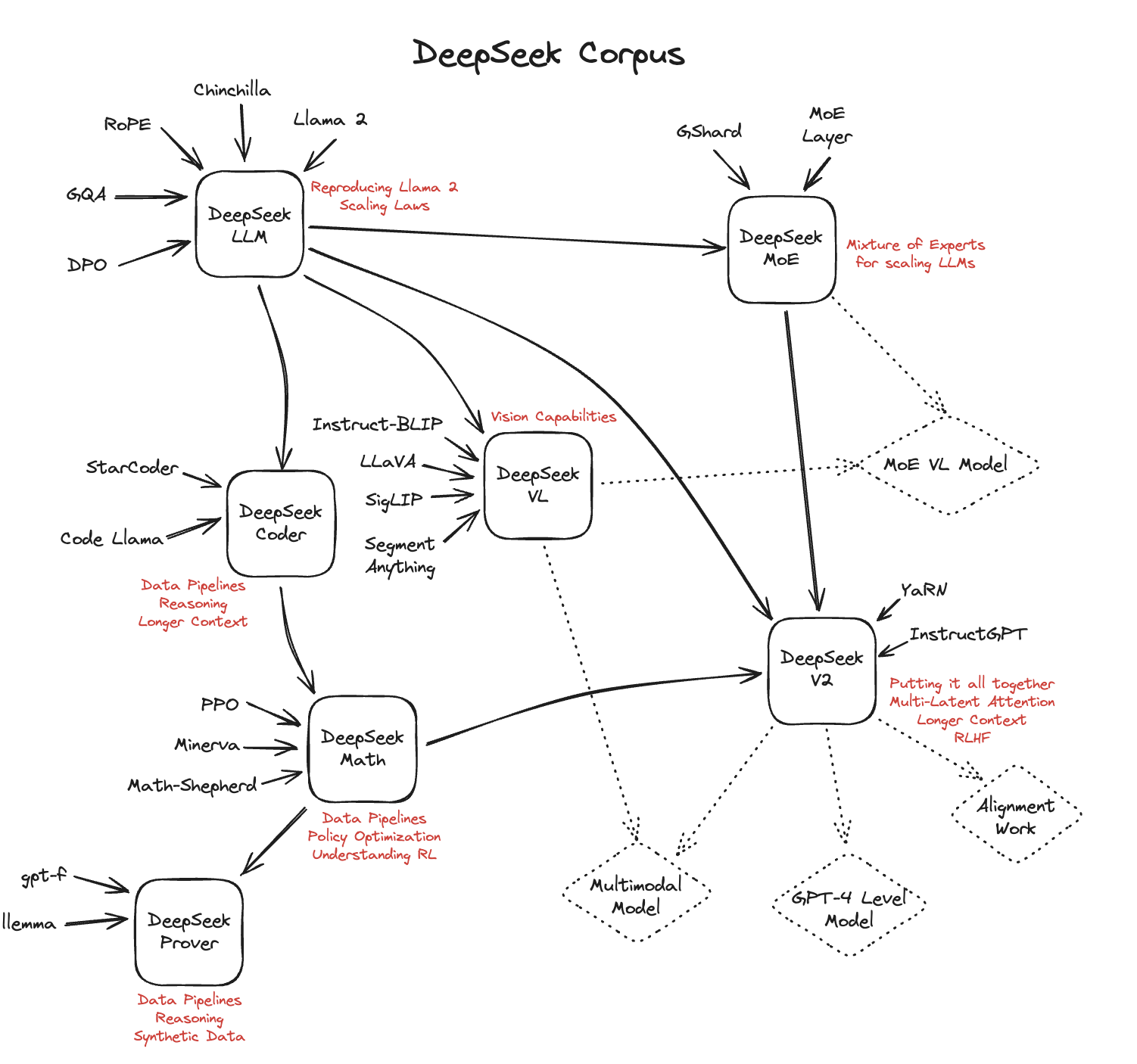
Artificial Intelligence (AI) is transforming education while making learning more available however likewise stimulating arguments on its effect.
While trainees hail AI tools like ChatGPT for improving their knowing experience, speakers are raising issues about the growing dependence on AI, which they argue fosters laziness and weakens academic stability, especially with lots of students unable to safeguard their tasks or provided works.
Prof. Isaac Nwaogwugwu, a speaker at the University of Lagos, in an interview with Nairametrics, wiki.die-karte-bitte.de revealed aggravation over the growing reliance on AI-generated actions among trainees recounting a recent experience he had.
RelatedStories
Avoid sharing individual information that can identify you with AI tools- Expert cautions
Chinese AI app DeepSeek triggers global tech selloff, challenges U.S. AI supremacy
"I provided a project to my MBA students, and out of over 100 trainees, about 40% submitted the specific very same answers. These trainees did not even know each other, however they all utilized the same AI tool to create their responses," he stated.
He kept in mind that this trend prevails amongst both undergraduate and postgraduate trainees but is especially worrying in part-time and utahsyardsale.com distance learning programs.
"AI is a severe difficulty when it pertains to tasks. Many students no longer think critically-they simply go on the internet, produce answers, and send," he included.
Surprisingly, some lecturers are likewise implicated of over-relying on AI, setting a cycle where both educators and students turn to AI for convenience instead of intellectual rigor.
This argument raises important questions about the function of AI in academic stability and trainee development.
According to a UNESCO report, while ChatGPT reached 100 million month-to-month active users in January 2023, just one country had actually launched regulations on generative AI as of July 2023.
As of December 2024, ChatGPT had more than 300 million people utilizing the AI chatbot each week and 1 billion messages sent out every day around the world.
Decline of academic rigor
University speakers are significantly concerned about trainees submitting AI-generated projects without truly understanding the material.
Dr. Felix Echekoba, a lecturer at Nnamdi Azikiwe University, expressed his concerns to Nairametrics about trainees progressively depending on ChatGPT, just to have a hard time with responding to standard concerns when checked.
"Many trainees copy from ChatGPT and submit sleek projects, but when asked fundamental concerns, they go blank. It's disappointing since education has to do with finding out, not just passing courses," he stated.
- Prof. Nwaogwugwu pointed out that the increasing variety of first-rate graduates can not be entirely credited to AI but confessed that even high-performing trainees use these tools.
"A superior student is a superior student, AI or not, but that does not suggest they don't cheat. The advantages of AI might be peripheral, however it is making trainees reliant and less analytical," he stated.

- Another speaker, Dr. Ereke, from Ebonyi State University, raised a various concern that some speakers themselves are guilty of the exact same practice.
"It's not simply students utilizing AI lazily. Some lecturers, out of their own laziness, generate lesson notes, course outlines, marking plans, and even examination questions with AI without examining them. Students in turn use AI to produce answers. It's a cycle of laziness and it is eliminating real knowing," he regreted.
Students' point of views on usage
Students, on the other hand, state AI has actually enhanced their learning experience by making academic products more reasonable and available.
- Eniola Arowosafe, a 300-level Business Administration student at Unilag, shared how AI has considerably aided her knowing by breaking down complex terms and providing summaries of lengthy texts.
"AI helped me understand things more easily, specifically when dealing with intricate subjects," she described.
However, she recalled an instance when she utilized AI to send her task, just for her lecturer to right away recognize that it was produced by ChatGPT and decline it. Eniola kept in mind that it was a good-bad effect.
- Bryan Okwuba, who recently graduated with a superior degree in Pharmacy Technology from the University of Lagos, firmly believes that his scholastic success wasn't due to any AI tool. He attributes his impressive grades to actively appealing by asking questions and concentrating on areas that lecturers emphasize in class, as they are frequently shown in exam questions.
"It's everything about being present, taking note, and taking advantage of the wealth of understanding shared by my associates," he said,
- Tunde Awoshita, a final-year marketing student at UNIZIK, admits to occasionally copying straight from ChatGPT when facing several deadlines.
"To be truthful, there are times I copy directly from ChatGPT when I have several deadlines, and I understand I'm guilty of that, a lot of times the speakers do not get to review them, however AI has likewise assisted me find out quicker."
Balancing AI's role in education
Experts believe the solution depends on AI literacy; teaching trainees and speakers how to use AI as a learning aid instead of a faster way.
- Minister of Education, Dr. Tunji Alausa, highlighted the combination of AI into Nigeria's education system, stressing the value of a well balanced technique that keeps human participation while utilizing AI to improve discovering outcomes.
"As we navigate the rapidly progressing landscape of Expert system (AI), it is crucial that we prioritise human firm in education. We should make sure that AI improves, instead of replaces, educators' vital role in forming young minds," he said
Concerns over AI in Learning
Dorcas Akintade, a cybersecurity improvement professional, attended to growing issues relating to the usage of artificial intelligence (AI) tools such as ChatGPT and their prospective threats to the academic system.
- She acknowledged the benefits of AI, however, highlighted the need for caution in its use.
- Akintade highlighted the increasing hesitance amongst educators and schools towards including AI tools in finding out environments. She identified two main reasons that AI tools are dissuaded in instructional settings: security risks and plagiarism. She described that AI tools like ChatGPT are trained to respond based upon user interactions, which might not align with the expectations of educators.
"It is not taking a look at it as a tutor," Akintade said, discussing that AI doesn't deal with particular mentor techniques.
Plagiarism is another concern, as AI pulls from existing information, frequently without correct attribution
"A lot of people need to comprehend, like I stated, this is data that has been trained on. It is not simply bringing things out from the sky. It's bringing information that some other people are fed into it, which in essence indicates that is another individual's documentation," she cautioned.
- Additionally, Akintade highlighted an early issue in AI advancement known as "hallucination," where AI tools would create details that was not factual.
"Hallucination implied that it was bringing out info from the air. If ChatGPT could not get that info from you, it was going to make one up," she explained.
She suggested "grounding" AI by supplying it with particular details to avoid such mistakes.
Navigating AI in Education
Akintade argued that banning AI tools outright is not the solution, particularly when AI presents an opportunity to leapfrog conventional instructional approaches.
- She thinks that regularly strengthening essential information assists people keep in mind and avoid making errors when faced with difficulties.
"Immersion brings conversion. When you tell people the same thing over and over once again, when they are about to make the errors, then they'll keep in mind."
She likewise empasized the need for clear policies and treatments within schools, keeping in mind that many schools need to address the individuals and procedure aspects of this usage.
- Prof. Nwaogwugwu has turned to in-class assignments and tests to counter AI-driven academic dishonesty.
"Now, I mainly use projects to make sure students supply original work." However, he acknowledged that managing big classes makes this technique tough.
"If you set complicated questions, trainees will not have the ability to utilize AI to get direct answers," he described.

He stressed the requirement for universities to train lecturers on crafting examination concerns that AI can not easily fix while acknowledging that some lecturers struggle to counter AI abuse due to a lack of technological awareness. "Some speakers are analogue," he stated.
- Nigeria launched a draft National AI Strategy in August 2024, focusing on ethical AI development with fairness, transparency, accountability, and personal privacy at its core.
- UNESCO in a report calls for the guideline of AI in education, encouraging institutions to audit algorithms, data, and outputs of generative AI tools to guarantee they fulfill ethical standards, safeguard user information, and filter inappropriate material.
- It stresses the need to assess the long-term impact of AI on critical abilities like believing and imagination while creating policies that align with ethical structures. Additionally, UNESCO advises implementing age restrictions for GenAI use to protect younger students and secure vulnerable groups.
- For federal governments, it recommended adopting a collaborated national technique to regulating GenAI, consisting of developing oversight bodies and lining up guidelines with existing data security and privacy laws. It emphasizes examining AI risks, implementing more stringent guidelines for high-risk applications, and making sure national data ownership.







